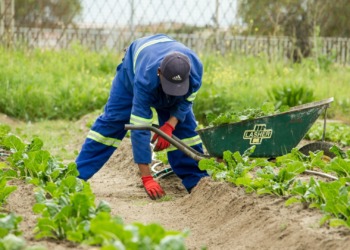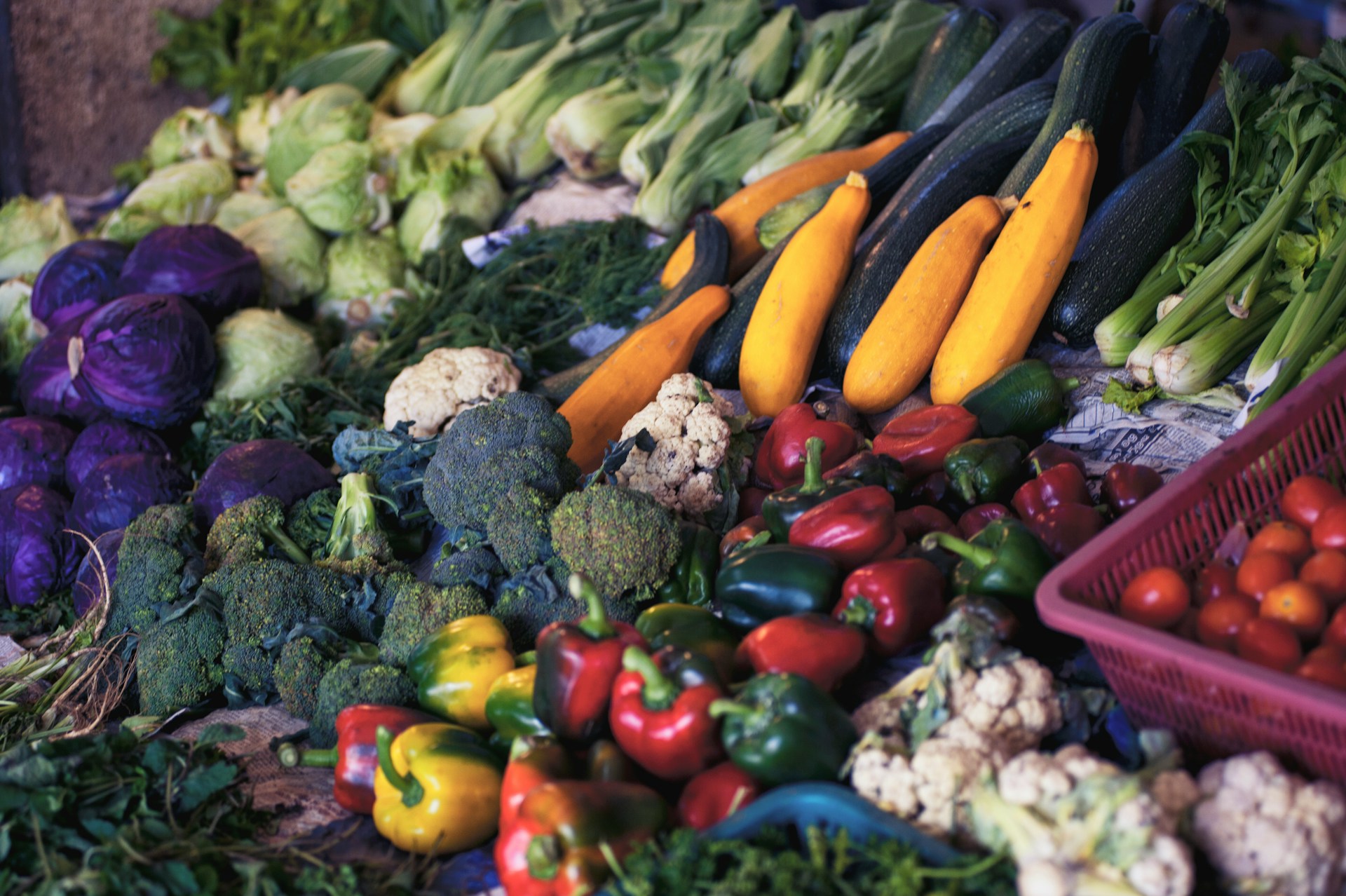To be most effective, eco education should start from an early age. Though it’s important to moderate what kids learn so as to not scare or force them into a state of climate anxiety, there are many ways to raise your child to lead an environmentally mindful lifestyle.
A-1: Alliteration
We’ve heard, “Reduce, Reuse, and Recycle” so many times it’s probably gotten mundane. Regardless, the values will always be important while the alliteration will make the concept easier for a child to grasp.
It’s been proven that alliteration enhances memory. All people, especially young children, can recall words and phrases quicker when they are repetitive and catchy. Starting a child’s eco education with this monumental phrase, whose first use dates back to the 1970s, is the simplest way to introduce them to the subject of environmental mindfulness.
Less is More
Teaching children to be more mindful of their waste is a crucial component to eco education. Kids must understand that the trash they produce from crafts and school projects does not simply disappear after they throw it in the garbage— it travels to the landfill where it’ll decompose on the earth’s surface for years to come.
Reinstating the habits of reducing their waste to begin with, reusing whatever is salvageable, and recycling the appropriate products are some key messages to emphasize while raising your eco-conscious child.
Related Articles: Back to School: Eco-Essentials That Are Your Must-Haves | Tips for Creating a Sustainable Lunch Box
Environmental Engagement
An imperative factor in eco education is introducing your child to aspects of nature. Allow them to play in the mud, climb a tree (as long as it’s not too tall), jump in puddles, and pick flowers. Sure, things could get messy, but it’s the best way for them to learn.
Hands-on learning is proven to be more effective for kids to grasp concepts, deduce their own conclusions, and understand the impact their decisions can have. Once a child realizes that an unbagged dog poop will wash into storm drains when it rains, contaminating rivers and oceans, they’ll likely feel more inclined to take responsibility and pick it up.
Our Future
It’s absolutely crucial for parents to sufficiently educate their children on environmental issues and what they can do to improve them. The next generation is the future of this planet; it’s our duty to teach them the importance of sustainability.
Editor’s Note: The opinions expressed here by Impakter.com columnists are their own, not those of Impakter.com. — In the Featured Photo: Child Learning. Featured Photo Credit: Annie Spratt.









